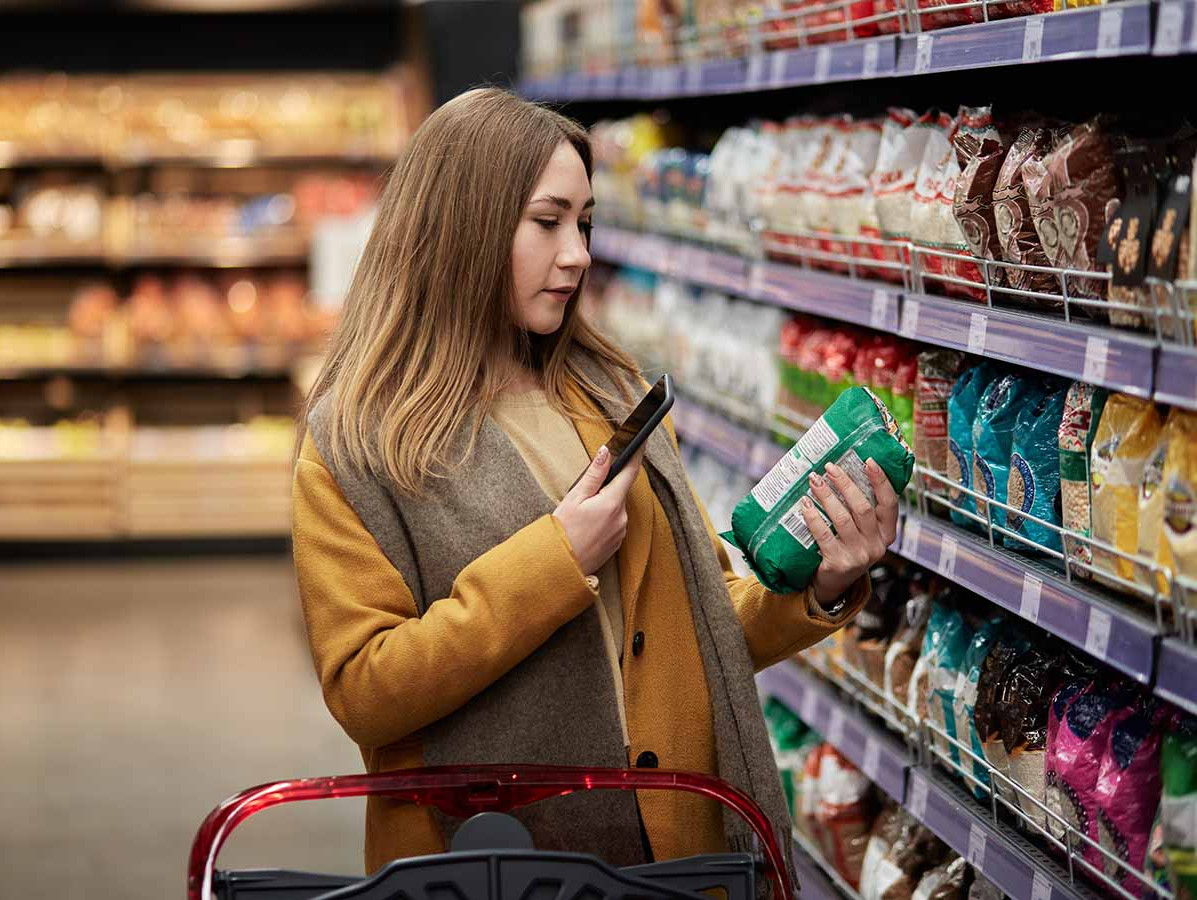
On January 1, 2024, the Netherlands transitioned to a new allergen policy, with established exposure standards and stricter regulations for warning labels on food packaging. This policy, based on recommendations from the WHO and FAO, promises significantly more reliable information for consumers with allergies.
According to research from TNO and UMC Utrecht, approximately 3% of the Dutch population has a food allergy, equating to over half a million people. Allergens must be clearly stated on labels, but unintended presence posed a challenge. Previously, there were no clear rules on when a warning was necessary, leading to uncertainty among consumers.
Professor Geert Houben, leading scientist in Food Allergy and Immunotoxicology at TNO, emphasizes the importance of the new policy. He asserts that previously, the absence of warnings created a potentially life-threatening situation for allergy sufferers. The new policy mandates warnings only when there is a genuine risk.
For over a decade, TNO and UMC Utrecht have collaborated to ensure reliable allergen information on labels. Their research formed the basis for international standards and procedures. Central to this effort is an extensive database of sensitivity thresholds of individual food-allergic patients, managed by TNO. This database was recognized by experts as the most comprehensive and reliable source.
Establishing safe standards, based on analyses of this database, will assist producers in more accurately informing consumers. Geert Houben welcomes the introduction of the new policy, with the Netherlands taking the lead. He highlights that annually, 4% of food-allergic individuals in the Netherlands require emergency medical care, a figure expected to decrease with the new regulations. This represents a significant milestone in allergen policy and contributes to a safer food environment for all.
Source: TNO